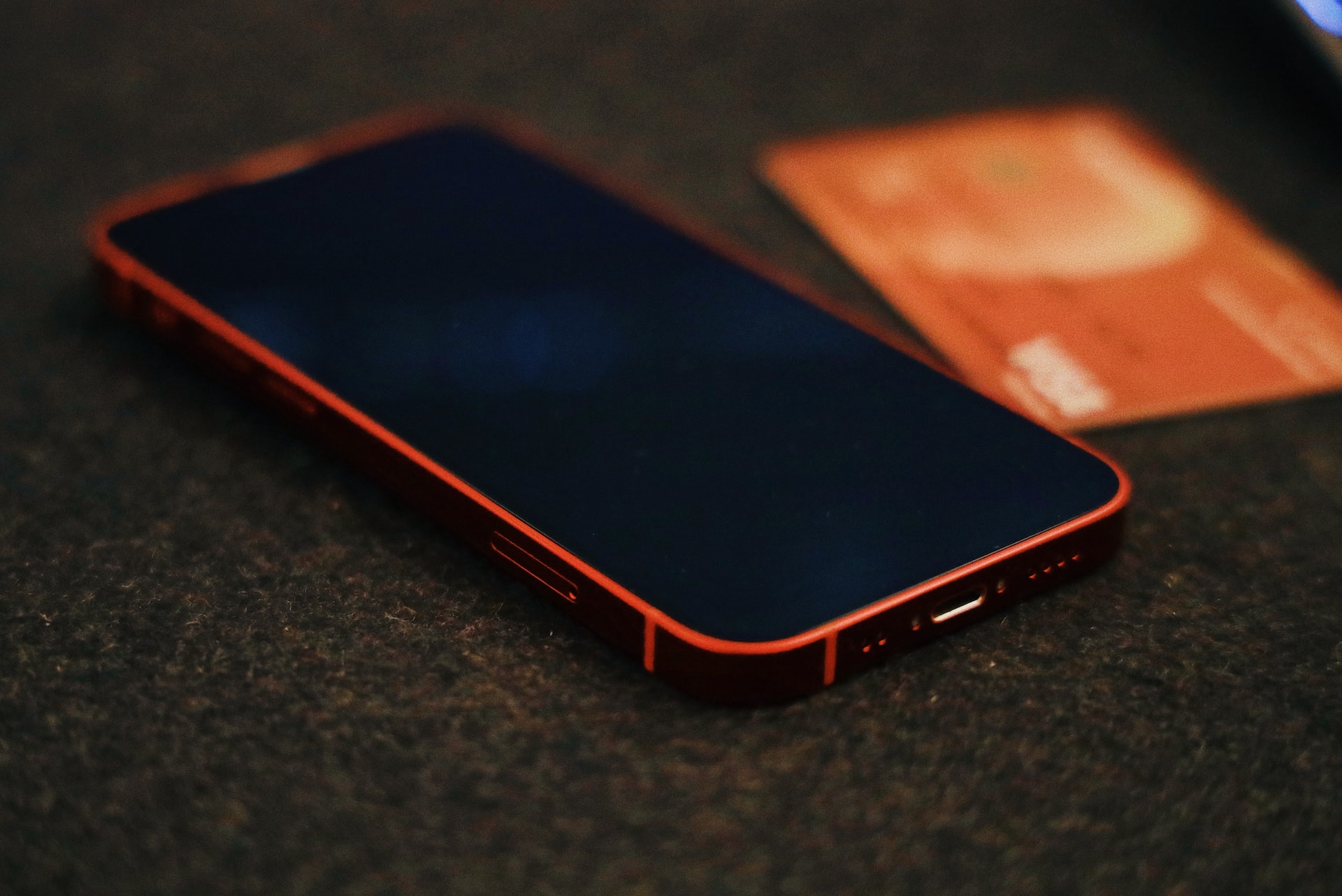A student debit card is a must-have to manage your finances while you’re in college. They’re typically issued when you open a checking account at a traditional bank, online bank, or credit union, and you can use them to make everyday purchases, pay bills and withdraw cash from ATMs.
But with so many options available, it can be challenging to select the most suitable debit card product for you as a college student. So, read on to learn more about top recommendations and what to look for when evaluating the best debit cards for college students to avoid common banking traps.
What Is a Student Debit Card?
A student debit card is a type of debit card specifically designed for students. Like a standard debit card, you can use a student debit card to hold money, withdraw cash, and make purchases.
Since these debit cards are geared toward students, they have lower fees and simpler features than regular debit cards. For example, you typically get a student debit card when you open a student bank account.
How Do Student Debit Cards Work?
A student debit card works much like a traditional debit card. It’s typically linked to a cardholder’s checking account. You can use it to withdraw cash at ATMs, make online payments, or swipe when making in-person payments.
How much you can spend depends on your checking account’s balance. If you spend more than what you have in your account, your bank may charge you an overdraft fee. That’s why choosing a student debit card with little to no fees is important.
Student Debit Card vs. Regular Debit Card
Unlike a regular debit card that anyone can get when they open a bank account, a student debit card is only available to students. You must prove you’re enrolled in an eligible school to get a student debit card. This can include showing an acceptance letter, student ID, or a transcript.
Debit cards for students have varying requirements. For some, you need to be aged 13 to 17 years, while others are available to students who have completed senior high school or are at least 18.
Another major difference between the two debit cards is fees. Student debit cards have little to no fees, while regular debit cards may have monthly service fees and other incidental fees linked to the checking account.
Common Features of a Student Debit Card
Most student debit cards have the following features:
- Links to a checking account: Your student debit card is linked to your checking account. You can use it to make online and in-person payments.
- Comes with ATM access: Student debit cards let you withdraw cash from an automated teller machine (ATM) like traditional debit cards. You won’t incur any fees using an ATM within your bank’s network. However, you may be charged a small fee when you use your ATM card outside your bank’s network.
- Online and in-person payments: With a student debit card, you can make online and in-person payments. Online payments may attract a small fee, depending on your bank.
- Direct payments: Because your student debit card is linked to your checking account, you can make direct payments or receive direct deposits.
- Online and mobile banking: Most student debit cards offer access to online banking and a mobile banking app to monitor your funds on the go.
Why You Need a Student Debit Card
A student debit card is a safer and more convenient way to manage your finances than cash. You can use the card in places that do not accept cash, make online payments, and withdraw money at ATMs.
Plus, most banks today have mobile banking apps that let you access your funds on the go. Some even allow you to create virtual debit cards.
Another reason you should get a student debit card is that you’ll receive payments faster. With a paper check, you must visit your local bank branch to deposit and wait a few days before receiving the funds.
Besides, you can snap a picture of the check using your smartphone and electronically deposit it into your bank account.
What Bank Should You Consider as a College Student?
It depends on your unique financial needs and preferences. However, the option you select should feature incentives to open a bank account, easily accessible ATMs, minimal fees, and a low opening deposit requirement.
Also, it’s vital that the bank offers exceptional customer service and digital platforms (i.e., website and mobile app) to foster a seamless, enjoyable online banking experience.
Are There Any Debit Cards that Work Best for College Students?
Debit cards that are most optimal for college students are attached to checking accounts with the features mentioned above—more on what to look for in these accounts shortly.
Do You Need a Credit History to Get a Student Debit Card?
No. Most financial institutions do not conduct a credit check when you want to open a student bank account. This is because most college students haven’t built credit. You only need to prove you’re a student by providing your acceptance letter or student ID.
Benefits of Student Debit Cards
Debit cards for students offer several benefits, including:
- Ease of use: Student debit cards are relatively easy to use. You can withdraw cash and make online and in-person payments effortlessly.
- Zero late fees: Unlike credit cards, debit cards for students don’t have monthly maintenance fees.
- No risk of debt: Because your spending is limited to your checking account balance, there’s no risk of going into debt.
- Safety: If you lose your student debit card, you can freeze the card until you replace it, reducing the risk of theft.
- Direct deposit: You can receive direct deposit payments, which is fast and convenient.
How to Choose the Best Debit Card for College Students: Things to Consider
When evaluating the best checking accounts for students that come with debit cards, consider these factors.
Account Opening Perks and Rewards
Some banks and credit unions reward new account holders with a cash deposit when opening an account and meeting certain criteria within a set period. You could also receive other perks when you make debit card purchases with select retailers.
ATM Network
A student debit card with access to a large network of ATMs in and outside your school is important. This way, you can access your cash no matter where you are.
Use the ATM locator tool on the financial institution’s website to determine if ATMs are available locally. If not, you may incur fees each time you withdraw cash unless the bank or credit union offers reimbursement when using select out-of-network ATMs, which isn’t uncommon with online banks and some credit unions.
Fees
Take a look at the fee schedule for student checking accounts. In most instances, you’ll find that these accounts are fee-free, except for overdraft and NSF fees.
But if the bank or credit union charges monthly maintenance fees or any other fees, it’s best to look elsewhere for an account.
Refund of ATM Transaction Fee When Using an Out-of-network ATM
As a student, you don’t want a card with several fees that will eat up your checking account balance. Fortunately, most financial institutions refund ATM fees when you use out-of-network ATMs.
This is one of the most important factors to consider when shopping for student debit cards. Ideally, you should look for a student debit card with an extensive ATM network and unlimited out-of-network ATM reimbursements.
Account Balance and Deposit
It’s best to consider financial institutions that don’t require you to carry a certain daily balance or make a hefty deposit to open a student checking account.
Transaction Limits
Some banks may restrict the amount you can transact using your student debit card. If you exceed the transaction limit, the bank may charge you a fee or convert your student bank account into a regular bank account. So, look for a card that doesn’t have transaction limits.
Online and Mobile Banking Access
Accessing your money and keeping tabs on your finances on the go is important. As such, you need a student debit card that offers free online and mobile banking. In addition, digital banking can help you avoid the hassle of visiting your local bank branch, saving you time.
Customer Service
What are the financial institution’s hours of operation? Do they have physical locations you can visit, or is support only available online? What are past and current customers saying about the level and quality of service provided?
These are just a few questions to ponder to gauge if the bank or credit union may be a good fit for you.
The Bottom Line
A debit card is a safer and more convenient way to manage your finances in college. However, not all debit cards for college students are created the same. Take your time to compare your options before choosing one.
Putting your needs and preferences at the forefront will help you find the right one. Ideally, you should go for a student debit card with little to no fees.







